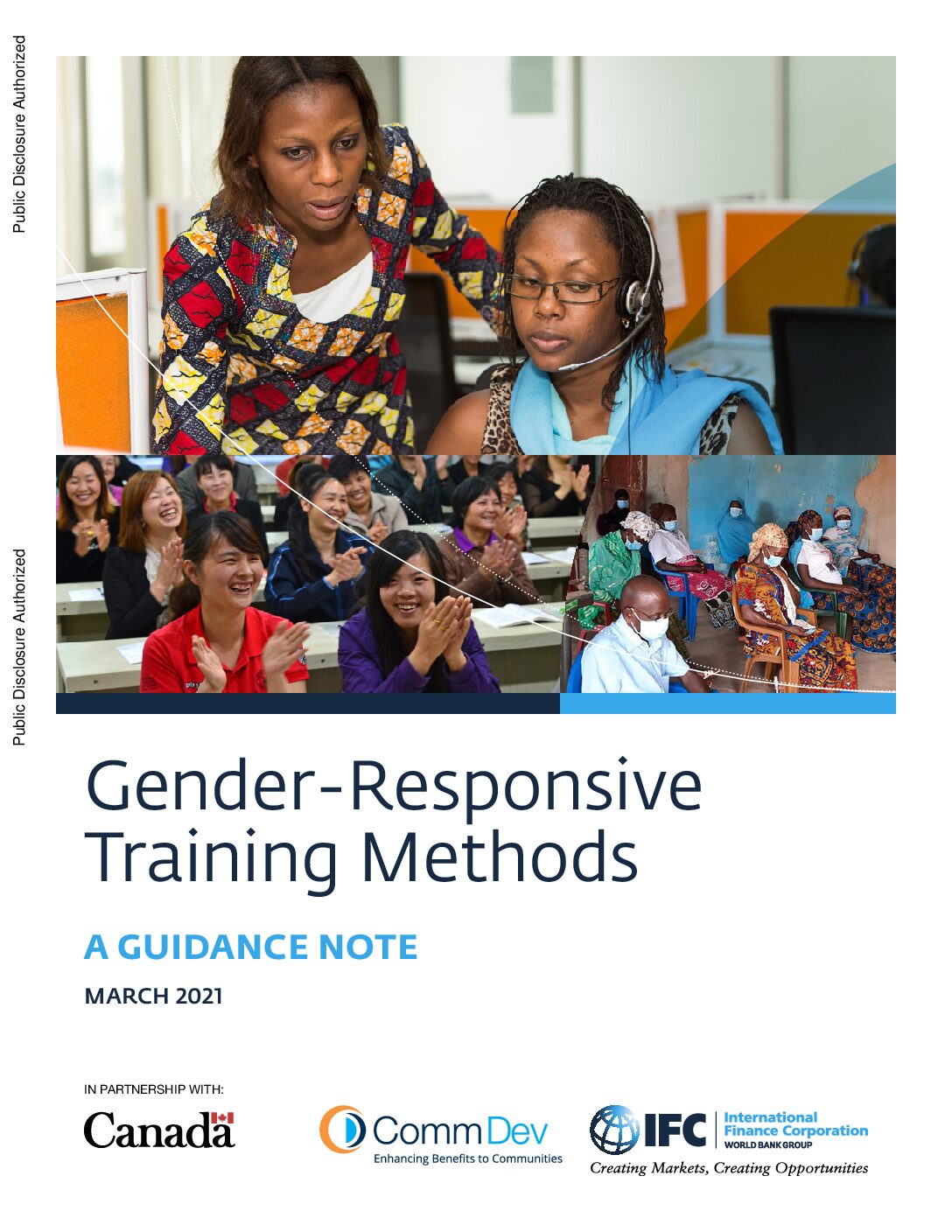This slide deck, part of an online course, gives a brief but thorough overview of business models for off-grid solar energy, looking in particular at pay-as-you-go models, and presents insights into the investment landscape for off-grid solar companies.
This toolkit serves as a one-stop-shop to support local and regional governments to identify, design and implement renewable energy projects in public-private partnerships. It provides practical advice on: 1) the decision-making process that leads to establishment of a PPP 2) division of tasks, goals and risk management between the partners engaged in the PPP, as […]
This publication shares the learnings from eight EU-funded research projects on energy behaviour and modelling, and presents their implications for policy design.
This report by the C40 Cities Climate Leadership Group provides an overview of actions city governments can take to develop an enabling environment for the expansion of EV charging infrastructure, including by working with the private sector and attracting outside investment.
This report by the Alliance for Rural Electrification explores the role of women in advancing electrification and socio-economic development in rural communities and gives examples of ways to integrate gender equality throughout the off-grid energy supply chain.
This report provides recommendations for improving the availability of sex-disaggregated and specific gender equality data in the energy sector, to improve decision making and programme design.
This guide leverages FAO’s extensive experience of developing and delivering e-learning solutions to offer practical advice and guidance to trainers and instructional designers who wish to develop effective capacity building initiatives.
This article provides some practical tips for increasing engagement in training sessions in order to strengthen knowledge retention and application of learned skills. SessionLab also provides a useful library of facilitation techniques.
This page presents various methods that can be used to make trainings and workshops more interactive and engaging.
This guidance note provides practical tools and strategies for training providers to design and deliver gender-responsive learning programs, especially within technical and business education contexts. It highlights how gender dynamics, norms, and barriers influence learning outcomes and participation—especially for women and marginalized groups.







